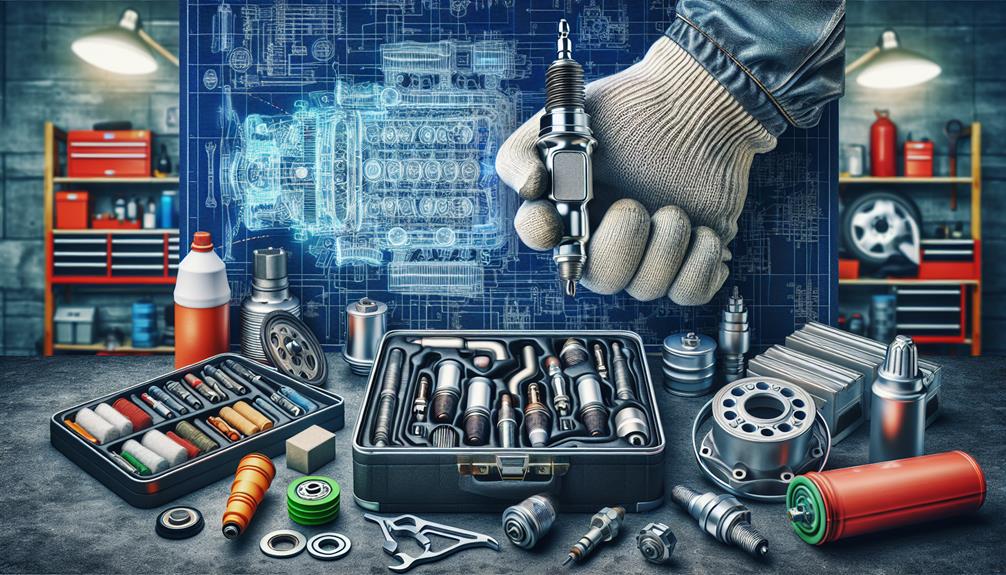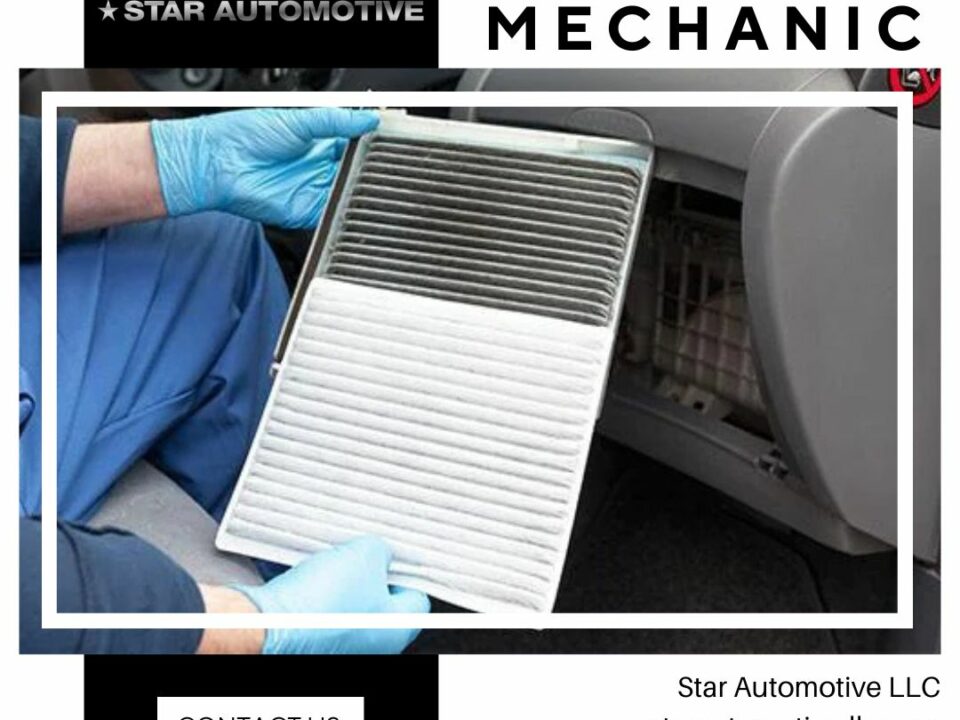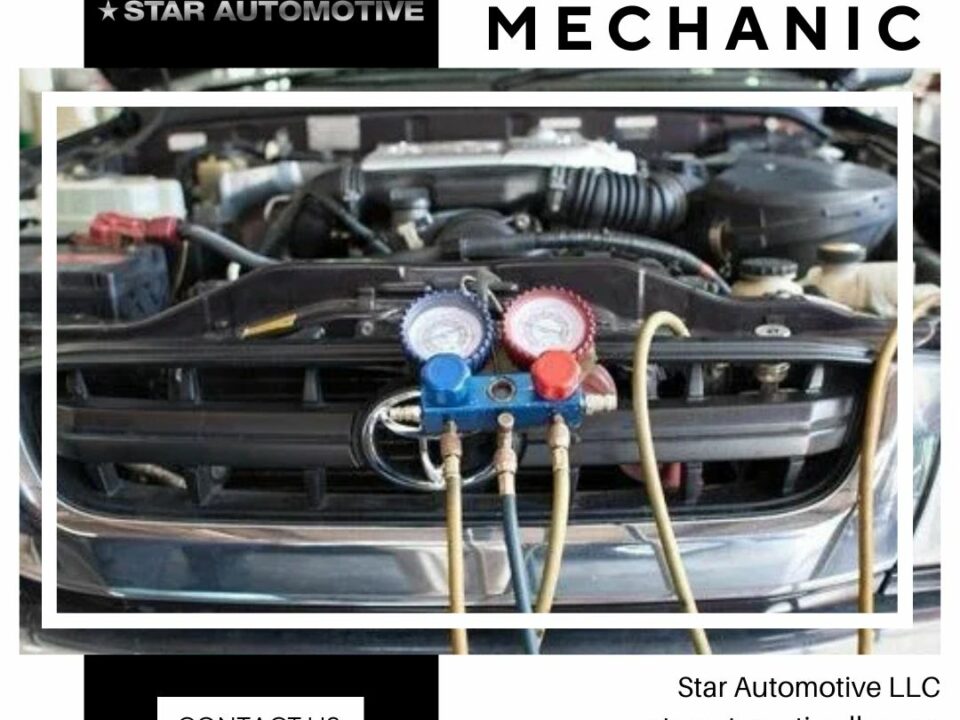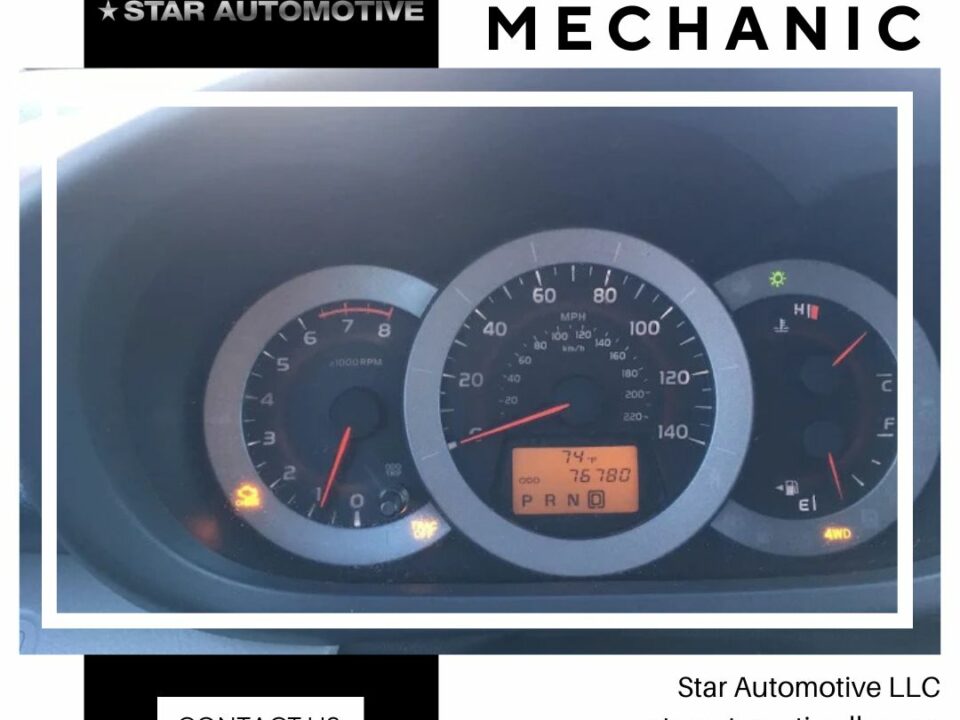
Expert Car Mechanic Services: What to Expect When You Need Maintenance
April 9, 2024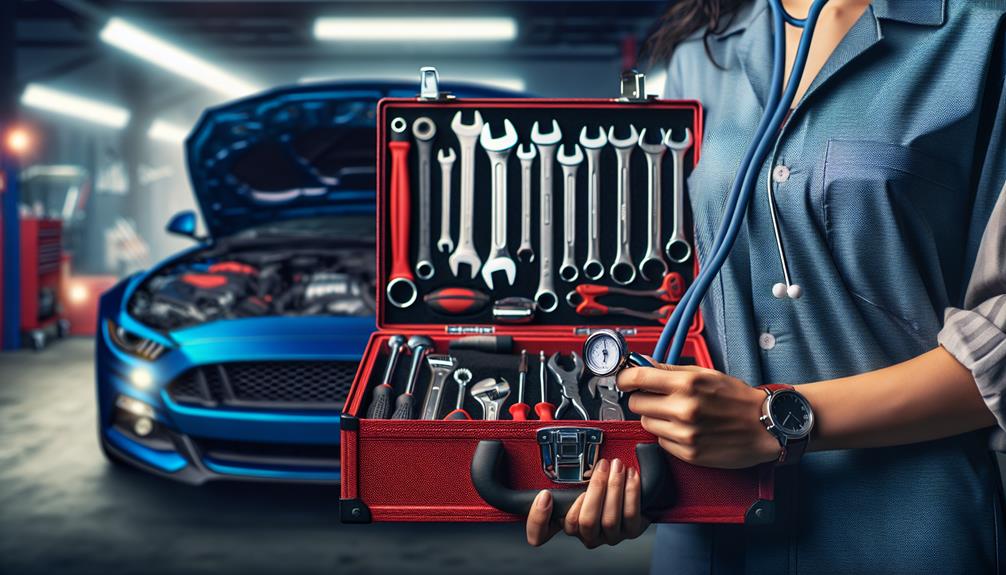
The Ultimate Car Mechanic Service Guide: Ensuring Your Vehicle’s Health
April 9, 2024You might not realize that not all car mechanic services are created equal, and understanding the core offerings can save you time, money, and unnecessary stress.
As you navigate the world of car repairs and maintenance, it’s essential to understand the basic services, from oil changes and brake checks to engine diagnostics and tire rotations.
With a bit of insider knowledge, you can confidently interpret service estimates, avoiding the pitfalls of unnecessary upselling and overpricing.
So, how do you master this seemingly complex sphere of automobile care? Stick around, and we’ll unravel the details together, empowering you to make informed decisions the next time you roll into the garage.
Understanding Basic Car Repair Services
Let’s dive right into the nuts and bolts of basic car repair services, so you can better understand what your car mechanic is doing under the hood.
When you take your car in for service, you’re entering a community of professionals dedicated to keeping you safe on the road.
The mechanic starts with a thorough inspection, seeking out any obvious issues. They’ll check your tires for wear and ensure your brakes are functioning properly. They’ll look at your car’s fluids – oil, brake, transmission, and coolant – to ensure they’re at the right levels and change them if necessary. They’ll replace worn out parts, like belts and filters, and make sure your battery’s still got plenty of life.
Understanding these basics can empower you, making you a more informed member of the car-owning community.
Decoding Mechanic’s Service Estimates
Now that you’ve got a handle on the basics of what goes on under your car’s hood, it’s time to decode the often confusing world of mechanic’s service estimates. These estimates are your roadmap to understanding the work that needs to be done on your vehicle.
1. Parts and Labor: This section outlines the cost of parts and labor. Labor charges can vary widely, so don’t be shy about asking how they’re calculated.
2. Miscellaneous Charges: These may include shop supplies or disposal fees. If you see a charge you don’t understand, ask for clarification.
3. Total Estimate: This is the bottom line. It should include all charges, but remember, it’s an estimate. Actual costs may vary.
Arming yourself with knowledge helps you feel more connected and in control of your car’s maintenance.

